- Home
- About
- Hospitals
-
Treatments
- Orthopedic & Spine
- Knee Replacement
- Carpal Tunnel Release
- Rotator Cuff Repair
- Meniscus Repair / Meniscectomy
- Total Hip Replacement (THR)
- Total Shoulder Replacement
- Arthroscopy
- Ligament Reconstruction
- Spinal Fusion
- Discectomy
- Laminectomy
- Spinal Decompression
- Vertebroplasty and Kyphoplasty
- Fracture Repair
- ACL Reconstruction
- Tendon Repair
- Osteotomy
- Amputation
- Pediatric and Adult Cardiac
- Neuroscience
- Oncology
- Nephrology & KTP
- Gastroenterology & Hepatobiliary
- Obstetrics and Gynaecology
- Infertility
- Dental & Maxillofacial
- Plastic & Cosmetic Surgery
- Rhinoplasty
- Blepharoplasty (Eyelid Surgery)
- Facelift (Rhytidectomy)
- Breast Augmentation (Mammoplasty)
- Breast Reduction (Mammoplasty)
- Breast Lift (Mastopexy)
- Liposuction
- Abdominoplasty (Tummy Tuck)
- Brazilian Butt Lift (BBL)
- Lip Augmentation
- Breast Reconstruction
- Cleft Lip and Palate Repair
- Scar Revision
- Burn Reconstruction
- Botox Injection
- Ophthalmology
- Otolaryngology (ENT)
- Endocrinology
- General and Minimal Invasive Surgery
- Pulmonology
- Rheumatology
- Urology
- General Medicine
- Ayurvedic Treatment
- Orthopedic & Spine
- Doctors
- Contact Us
Vasectomy
Vasectomy is a surgical procedure for permanent male sterilization. It is a form of contraception that involves cutting or blocking the vas deferens, the two tubes that carry sperm from the testicles to the urethra, where they mix with semen before ejaculation. By interrupting the flow of sperm, a vasectomy effectively prevents the ability to father children.
Here are the key points to know about vasectomy:
Procedure:
During a vasectomy, a urologist or healthcare provider will make one or two small
incisions in the scrotum. The vas deferens are then cut, tied, or sealed to
prevent the passage of sperm. This can be done through different methods,
including traditional surgical techniques or no-scalpel vasectomy, which
involves a small puncture rather than an incision.
Anesthesia:
Vasectomies are typically performed under local anesthesia, which numbs the scrotal
area. This means the patient is awake during the procedure but should not feel
significant pain. Some medical providers may offer sedation or a mild sedative
to help patients relax.
Effectiveness:
Vasectomy is a highly effective form of contraception. After the procedure, it
may take a few months or ejaculations to clear any remaining sperm from the
reproductive tract. Until it's confirmed that no sperm are present in the semen
(usually through follow-up tests), alternative birth control methods should be
used.
Reversal:
While vasectomy is considered a permanent form of contraception, it can sometimes
be reversed through a procedure called vasectomy reversal or vasovasostomy.
However, the success of reversal depends on various factors, including the time
since the original vasectomy and the specific technique used. Reversal is not
always successful, and the decision to undergo a vasectomy should be made with
the understanding that it may not be reversible.
Recovery:
Recovery from a vasectomy is relatively quick. Most men can return to their normal
activities within a few days, and discomfort can usually be managed with
over-the-counter pain relievers and supportive underwear.
No
impact on sexual function: A vasectomy does not affect a
man's sexual performance, libido, or the ability to have erections. It only
prevents the release of sperm during ejaculation, but it does not affect the
production of hormones or the release of semen.
Family
planning: Vasectomy is a significant decision, and
individuals or couples should carefully consider it as a long-term family
planning option. It is a suitable choice for those who are certain they do not
want to have more children or who wish to share contraceptive responsibility
with their partner.
Before
undergoing a vasectomy, individuals should have a thorough discussion with a
urologist or healthcare provider to ensure they fully understand the procedure,
potential risks, and permanent nature of the contraception. It is an elective
procedure and should be based on informed consent and a clear understanding of
the patient's family planning goals.
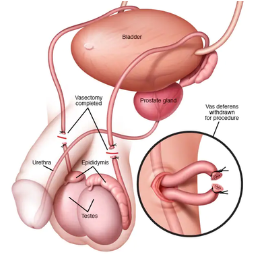


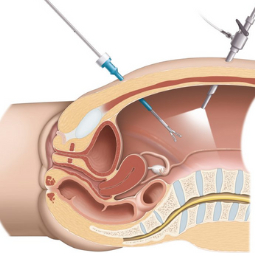

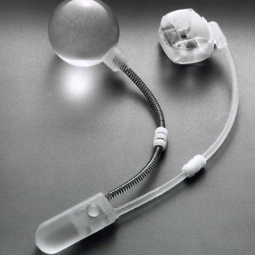
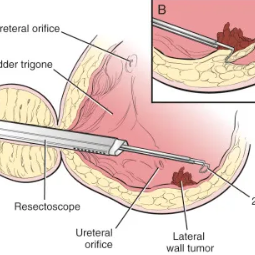
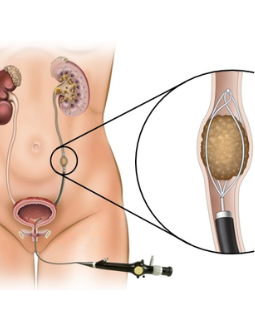
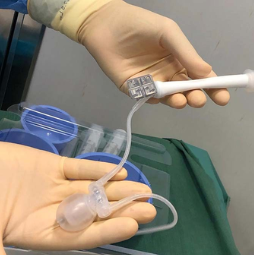
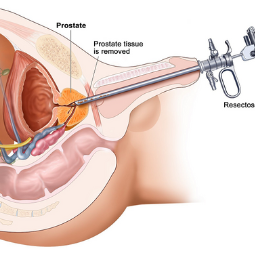
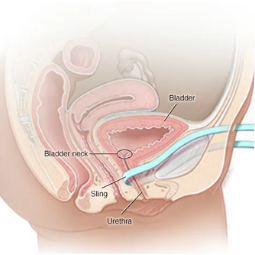
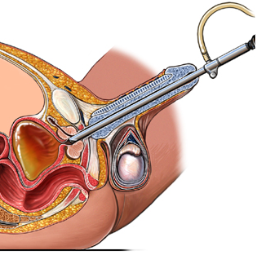

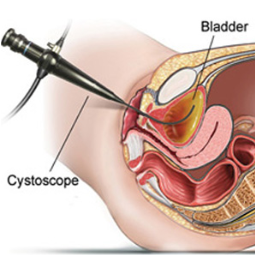
.png)